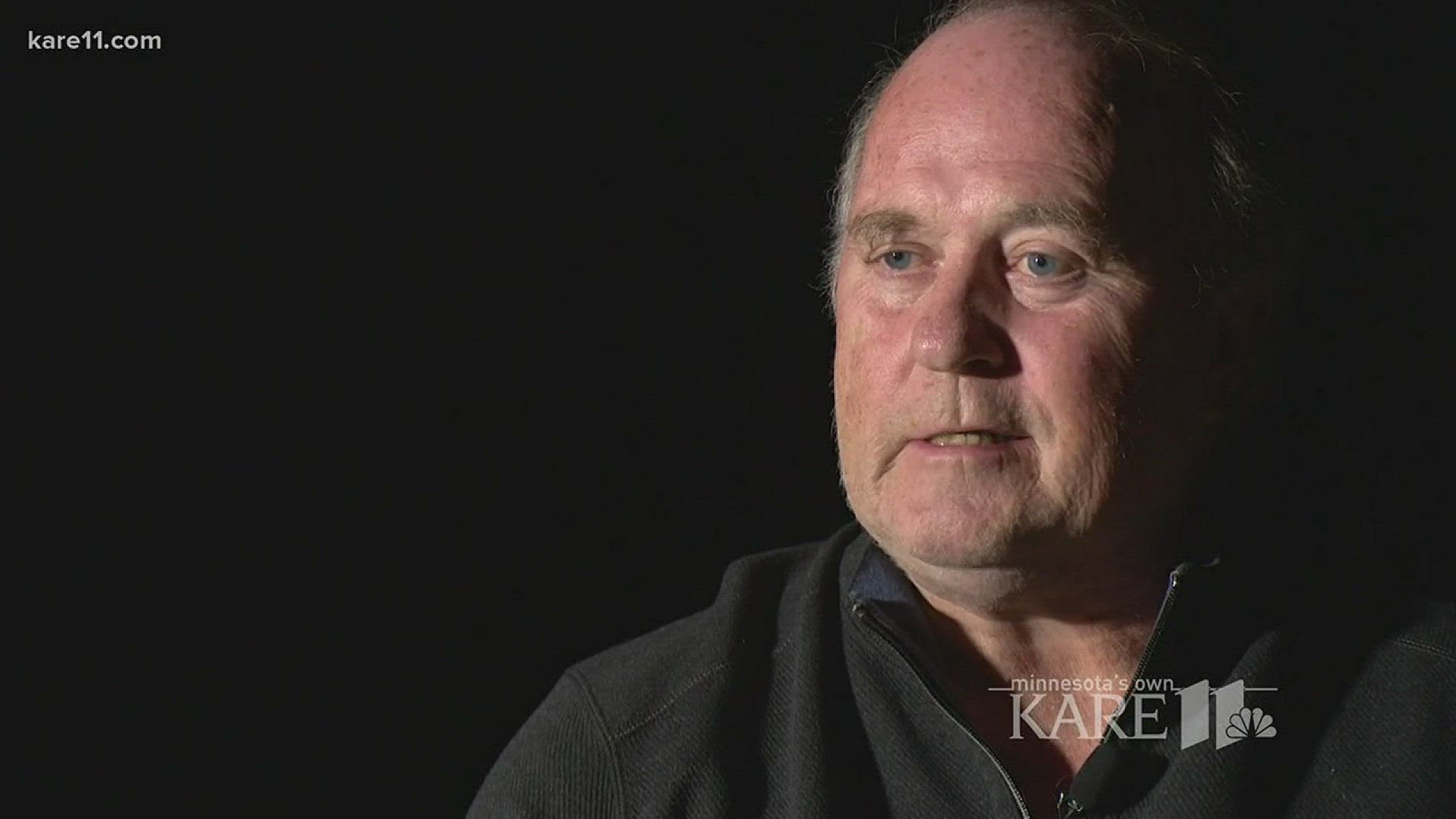MINNEAPOLIS -- When Sen. Tina Smith stepped into Al Franken's seat in the US Senate this week, it led us to reflect of two other interim senators who represented Minnesota fully aware they weren't in the Capitol to stay.
Muriel Humphrey served in the US for most of calendar year 1978, but didn't seek election to the seat. Gov. Rudy Perpich appointed Humphrey to fill the vacancy created when her husband, Minnesota political icon Hubert H. Humphrey, died of cancer.
A week into the new job she was already being pressed by Twin Cities reporters about whether she'd run in the special election later that year.
"I need more time to make a decision, a proper decision, because I've only been there five days," Mrs. Humphrey explained. "I've only known for two weeks that I was going to be doing this."
She went on to say Bess Truman had called to congratulate her, and urged her to run. Margaret Truman was already offering to travel to Minnesota to campaign for the new senator.
But Muriel Humphrey, who would turn 66 later that year, decided not to run. She married Max Brown three years later, became a booster for her son Skip Humphrey and lived until 1998.
The death of Sen. Paul Wellstone in 2002 created another void in Minnesota's congressional delegation. Gov. Jesse Ventura appointed Dean Barkley to serve the last two months of Wellstone's term.
Barkley had managed Ventura's successful 1998 campaign, and had been a viable third party candidate himself in races for Congress and the Senate. But Barkley didn't know he was going to the US Senate until one hour before Ventura made the announcement.
A reporter tipped him off that Ventura would be holding a press conference, and then he received a page from the governor's chief of staff.
"I went back and returned the call, and the first thing he said was 'Do you have a suit on?' I said 'No!' He said, 'Put one on because you're gonna be the senator in another hour'," Barkley recalled. "So, I got a one-hour heads up and I got to the Capitol five minutes before he introduced me!"
As an independent, Barkley had no natural allies when he landed in the Beltway. But he made the most out of his 62 days on Capitol Hill.
He learned he'd be the swing vote on the sweeping Homeland Security Bill, and he used that to leverage a Medicaid waiver the Minnesota needed from the federal government.
"Our welfare program needed waivers from the feds in order not to be penalized about a half billion dollars, so I used my vote on Homeland Security as a wedge to get HHS Secretary Tommy Thompson, who was sitting on it, to say uncle," Barkley explained.
He also secured funding to finish the Neighborhood House on St. Paul's West Side, which was renamed the Paul and Sheila Wellstone Community Center.
"About a half hour before the vote I got a call from Air Force One, President Bush said, 'Well you got your waivers.' I said, 'Thank you very much, I'll do what's right for America'."
In 2008, Barkley ran for Senate again as an Independence Party candidate, and captured 15 percent of the vote. Democrat Al Franken and Republican Norm Coleman split the remainder of the votes almost evenly, leading to a recount and protracted legal battle.
After that election Barkley returned to his other profession as an attorney specializing in trusts, wills and estate management.
Interim senators with electoral aspirations
By the time Governor Dayton appointed Smith to the Senate last month, she had already decided she would run in November's special election for the remaining two years of Franken's original six-year term.
In 1964, Gov. Karl Rovaag appointed Attorney General Walter Mondale to the US Senate, to fill the vacancy created when Hubert Humphrey became vice president. Mondale ran for the seat in 1966 and won, and was reelected in 1972.
In 1976, Mondale was elected Vice President, as Jimmy Carter's running mate. Mondale resigned from the Senate to assume his new role, creating a vacancy. Gov. Wendell Anderson resigned, which allowed his successor, Gov. Rudy Perpich, to appoint him to the Senate.
That maneuver backfired badly on Anderson and fellow DFL candidates in 1978. Democrats lost both Senate seats, the governor's office, and control of the Minnesota House. The election became known as "The Minnesota Massacre," a takeoff of Anderson's signature achievement in public education which had been dubbed "The Minnesota Miracle."

